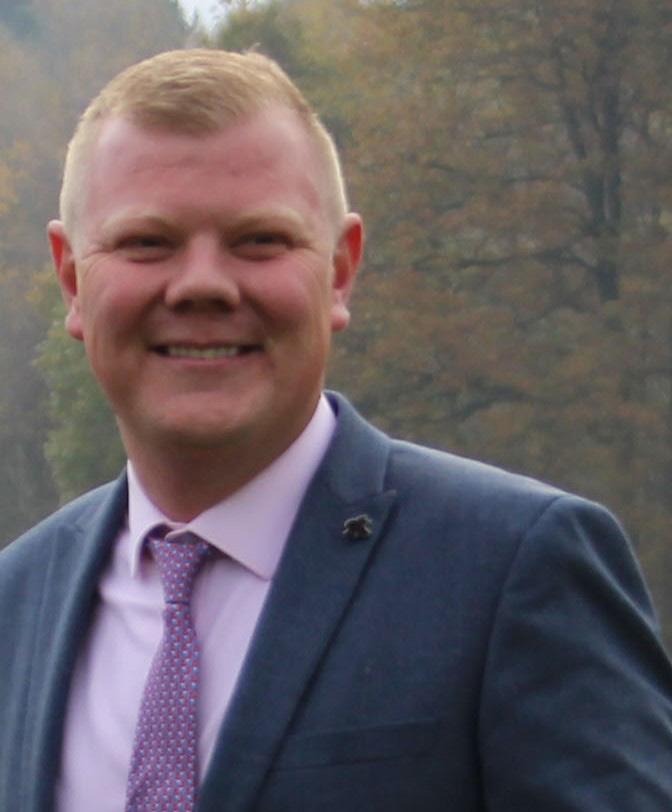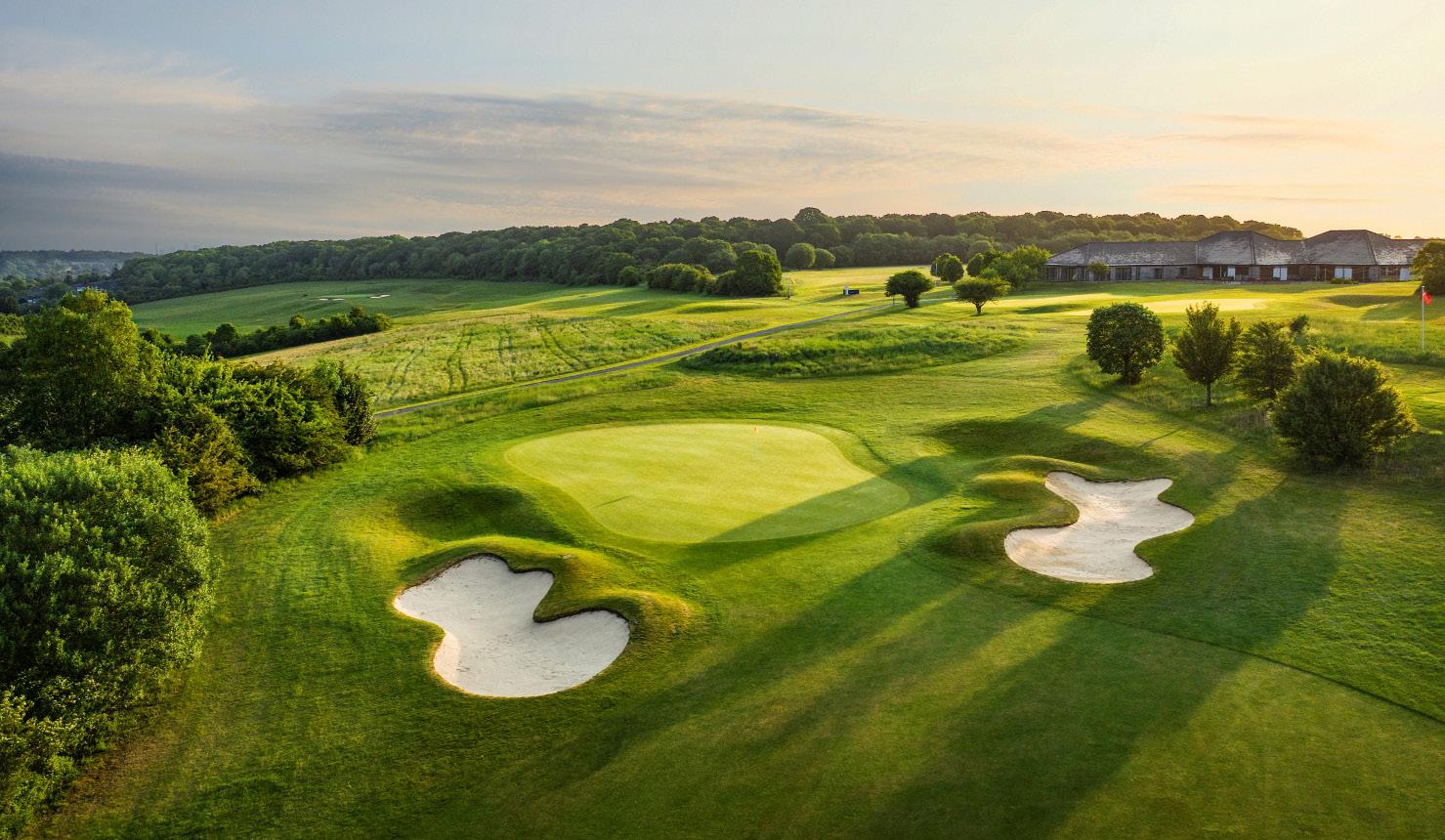
3 minute read
Farleigh’s Operation Pollinator
My success story... FARLEIGH
Signing up to Operation Pollinator won’t just help the environment, it will improve the course says general manager James Ibbetson
Advertisement
You only had to glance at the petitions – those calling for the re-wilding of courses, or to be opened up to the public during lockdown – to know that golf still carries a reputation in environmental circles.
Though the days of free use of pesticides and chemicals are largely in the past, as the industry has turned to more sustainable practices, perceptions in some areas are a tough nut to crack.
But through the work of organisations like the GEO Foundation, and the efforts of clubs to improve their green credentials, times are changing.
And one of those facilities showing just what can be done when you make the commitment to environmental initiatives is Farleigh, in Surrey.
The 27-hole venue is establishing a minimum of 0.5 hectares of new wildflower habitats around the course as part of Operation Pollinator.
Pioneered by Syngenta Research, it provides experience and advice to help landowners and farmers replace habitats essential for all pollinating insects. It is recognised as one of the world’s leading environmental drives.
Farleigh signed up as part of plans to enhance the 7th hole on the red loop and the 3rd on the blue to provide new areas and food sources for a range of native bees and other pollinating insects.
“There were two main reasons we decided to go down this route,” explained Farleigh general manager James Ibbetson. “First and foremost was obviously the environmental impact that such a programme will have. It’s only a very small step, because it’s talking from Farleigh’s perspective, but I think the wider initiative of trying to get up to 500 golf clubs involved in this is huge.
“If implemented at 500 plus clubs, it could have a real impact on this ecosystem and on the areas we are trying to develop.”
Trials have shown that even creating small areas of dedicated habitats can significantly increase populations. Bumblebee numbers are continuing to decline, with some UK species facing extinction. Pollinating bees make up a fundamental part of the national ecosystem with their pollination of food crops.
Ibbetson added: “In addition to the environmental and ecological impact, we looked at it from an aesthetic perspective. The two main areas we’re focusing on initially as part of our programme is the area behind the 7th green on the red course, and the area behind the 3rd green on the blue course.
“If we looked specifically at the 7th green on the red, previously there was an overgrown bush that just engulfed the back of the green. Obviously, that didn’t look particularly nice and, ultimately, we want to try and make it all look better.
“We can make the hole look prettier with some wildflowers which, in bloom, will inject a lot of colour and, at the same time, provide new habitat for bees and other pollinating insects. We thought this was a very good route to go down and a way for Farleigh to give back and we’ve got ample land.
“It’s the same on the 3rd on the blue. That is our signature hole but, over the years, it’s kind of lost its appeal, lost a little bit of its characteristics, so we’re hoping these things we’re putting in place will ultimately add to that.
James Ibbetson
Farleigh
“If we can do that while giving a little bit back and trying and help out the environment and eco system, why not?”
Ibbetson said 0.5 hectares was the minimum commitment for Farleigh, and the club would like to add additional wildflower areas and pockets of sanctuary across areas of their 350-acre site over time.
But he’s also thrilled the Warlingham club, which has hosted national tournaments and recently staged the PGA Fourball Championship and PGA Assistants’ Championship, is doing its bit to protect the natural world.
“We’re really pleased to be a part of such a fantastic initiative. With so much land, flora and vegetation, it would be almost selfish of us not to share this with the animals and insects which are so vital to our environment.
“By creating the best possible habitat for them to continue their essential cycling of nutrients, pollination, dispersion of seeds, as well as maintaining soil structure and fertility, all of which is beneficial to the world and the golf course, we’re doing our bit to hopefully prevent the extinction of some of our critical pollinating insects, such as bumblebees, and continue the growth of grass and crops.”








